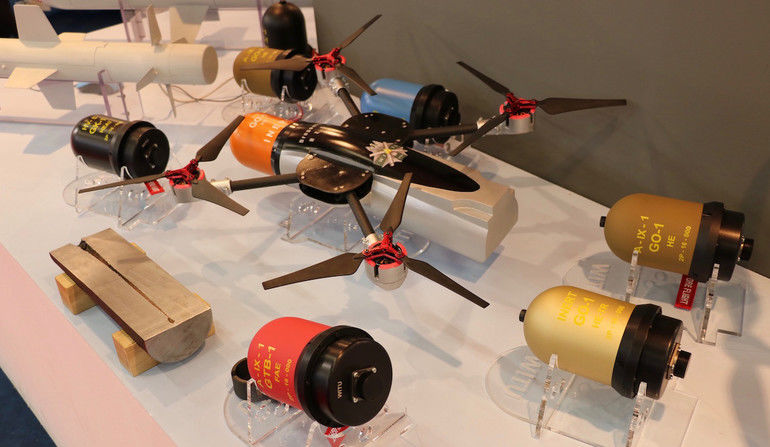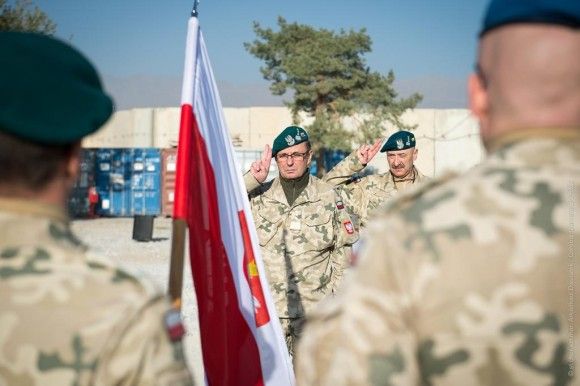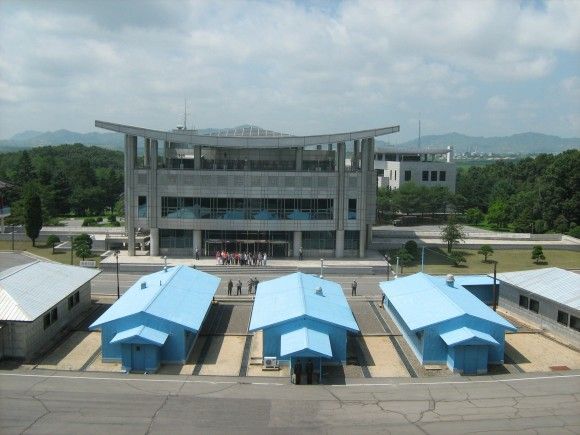Industry
Air Fair 2017: DragonFly Drones License Obtained By A Polish Facility in Bydgoszcz
During the 11th edition of the AIR FAIR exhibition in Bydgoszcz, an event of signing a know-how license agreement took place, with the said contract being concluded by and between the Military Institute of Armament Technology based in Zielonka and the Military Aviation Works No. 2 (WZL No. 2) facility based in Bydgoszcz. The agreement is related to a license concerning the DragonFly UAV, capable of carrying payload in a form of warheads.
Within the framework of the agreement signed in presence of the Secretary of State at the Polish MoD, Bartosz Kownacki, WZL Nr 2 S.A. facility has obtained relevant rights to manufacture and develop the DragonFly UAV.
The representatives of the WZL Nr 2 S.A. facility, a part of the Polish Armaments Group, have all stressed the fact that, as a result of conclusion of the agreement, PGZ has enriched its offer, by including a unique piece of hardware in it, with the system in question being manufactured, in its entirety, in Poland. DragonFly system is going to be manufactured in Bydgoszcz, along with the warheads. The warheads are going to be manufactured on the basis of a separate license agreement, at the Bydgoskie Zakłady Elektromechaniczne Belma S.A plant, yet another entity which is included in the composition of the Polish Armaments Group.
WZL Nr 2 S.A. facility remains fully ready to initiate the manufacturing process concerning the first variety of the DragonFly system in a training variant. The production of the combat version is planned to begin in the year 2018, right after the system is fully certified. The operators are going to be trained at the training centre of the Military Institute of Armament Technology.
DragonFly VTOL UCAV has been developed at the Zielonka-based Military Institute of Armament Technology as a warhead carrier, with the aforesaid warheads having been designed for micro-class UAV systems. The payload includes HE GO-1HE and GO-2HE warheads, air-blast/fuel-air explosive GTB-1FAE warhead, or GK-1 HEAT warhead, with the latter one being capable of penetrating 150-200 mm of armour.
The warheads may be fitted with a daytime camera or a thermal vision module, allowing the operator to carry out attacks at night. Thanks to the target-tracking functionality utilizing the video camera, it is possible to strike the selected and locked-on targets also when communication with the operator is interrupted. In order to enhance the safety of use, warheads may be armed and disarmed remotely.

just 5 kilograms. It may be easily carried by a single soldier. Once the engine booms supporting the four rotors are extended, the UAV achieves a span of 70 centimetres. The UAV is electrically powered. It may be prepared for take-off in a short time, remaining capable of striking targets at distances of up to 10 kilometres from the operator. Flight endurance is 20 minutes, the drone can reach speeds of up to 54 kilometres per hour. This enables the operator to effectively attack stationary and moving targets, including main battle tanks and other combat vehicles, in open and urbanized areas.



